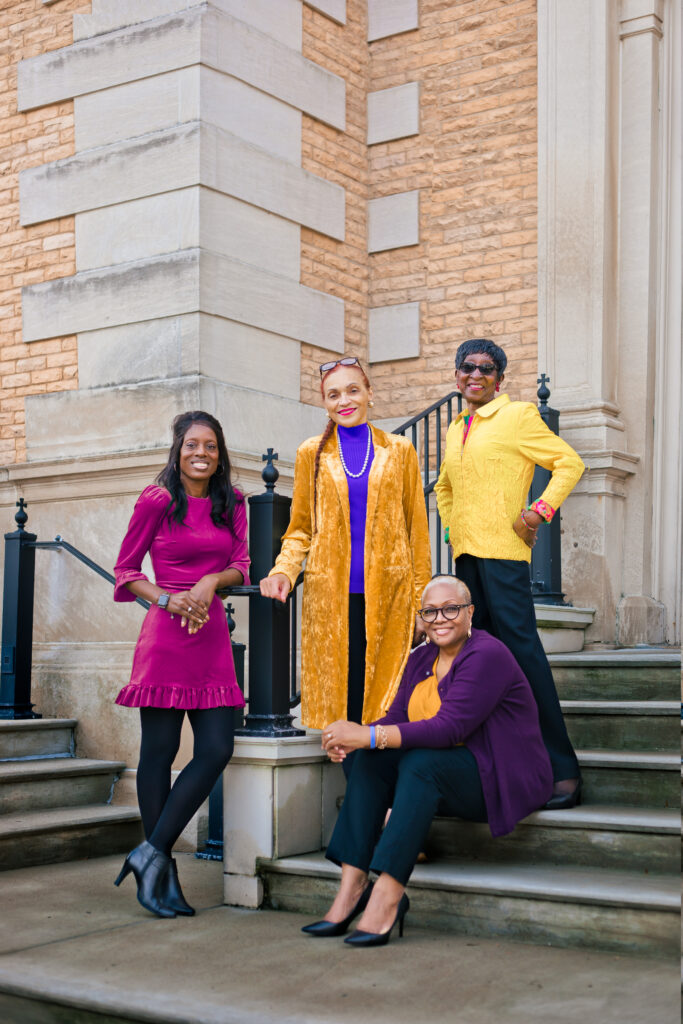Leadership is a term we hear thrown around a lot in media, personal development, and the workplace. Are we leading, or are we following? Should I lead, or is it someone else’s responsibility? Who is in charge of this show?
Let’s clear up one thing first. Are you a leader? Yes. Congratulations, you were just anointed! That’s it. Simple. This is not a job title; this is not a position of power or a job that you were hired for. Webster’s Dictionary defines “Leadership” as a noun: the office or position of a leader. But I must say, I disagree with Webster on this one. I’d venture to define “Leadership” as a verb: the art or act of motivating a group of people to act toward achieving a goal. Leadership is no longer a position; it is a quality. You can lead your organization, your team, your country, or your peers. You can lead your children in virtual learning (if anyone actually knows how to do this, please contact me separately. I’m failing miserably here). In a time such as now, when we’re faced with pandemics, unrest, hate, and fear, I’d venture to say we need you now, more than ever, to step up and lead. Yes, you. And here’s how:
Top 5 qualities of extraordinary leadership:
- Learning – Every good leader should carry the notion that we must always be learning. It seems that the older I get, the more I learn. The more I learn, the more I see that I don’t actually know anything. Isn’t it terrifying, as well as exciting, to realize what we can become if we are open to learning? As Will Rogers once said, “When you’re through learning, you’re through.”
- Servanthood – Servant leadership is a philosophy in which the leader’s main goal is to serve the organization, rather than the organization serving the leader. Any great leader, either in your own home or in a company, can seek to understand how to better serve those around him or her. More importantly, understand who you truly serve.
- Emotional Intelligence – You typically associate a leader in an organization with a high IQ, but it’s equally as important to have a high EQ. This is highly important in conflict resolution and communication of responsibilities. Connecting with people on an emotional level will always pull the team towards a goal as opposed to pushing them apart.
- Vision & Purpose – Creating a culture that motivates and inspires others is typically due to a leader with specific visions and a higher purpose. The best leaders create a vision, articulate it with care, and relentlessly drive toward it. Understanding that vision is a state of being, not a stated achievement.
- Accountability – Jocko Wilink, Navy Seal and leadership expert, states, “Good leaders don’t make excuses; instead, they find a way to get things done.” Either going first into battle, cleaning a toilet, or closing a business deal, leadership entails a level of humble accountability to yourself and to others. You must be willing to jump head first into the muck and hold the line.
There are so many more qualities and attributes of exceptional leadership. I’d encourage any and all to study these habits and become the leader they wished they had in their own lives. Stop waiting for a deemed “leader,” and become one.
Leadership is out there for the taking, and most are hungry to be lead! Just remember when taking on leadership that you don’t end up with leadershi*.






